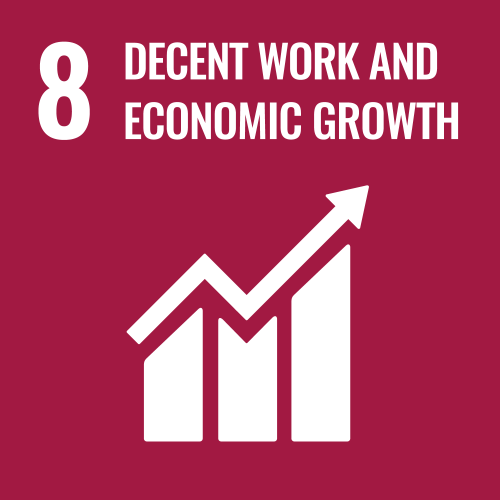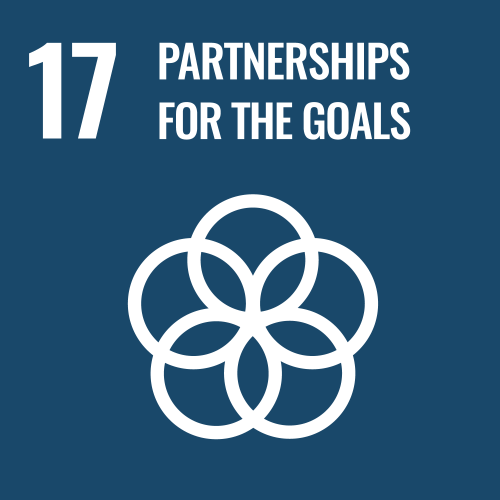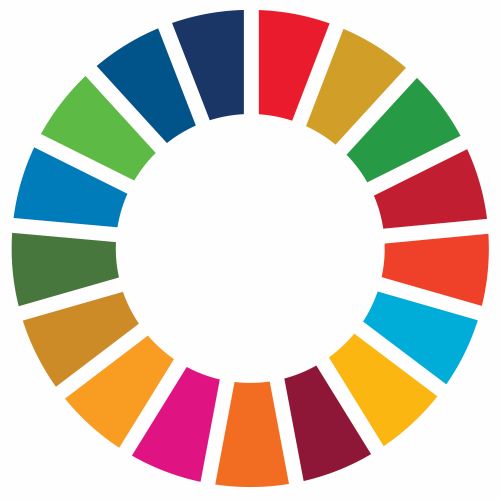
01/07/2025
Supported by the European projects EU4DecentWork and EU4Equity, these platforms aim to collaboratively identify the main issues around job creation and to design and implement innovative actions.
Labour informality in Mexico is one of the main expressions of economic and social inequality, affecting nearly half of the country’s employed population. Although in recent years important progress has been made in the labour market, informality remains a structural characteristic of the labour market. This situation is aggravated in contexts of institutional fragility, where state capacities are limited and unfair competition has a negative impact on companies that operate within the legal framework. In addition, Mexico’s growing insertion into global value chains does not seem to have had a significant effect on reducing informality rates, which shows that this phenomenon cannot be tackled solely from a logic centred on economic growth or trade integration. Addressing the problem of labour informality requires recognition of its complex and multi-causal nature. It requires comprehensive, strategic responses adapted to the specific conditions of each territory and productive sector, as well as the active participation of public and private actors.

Within this framework, the EU4DecentWork and EU4Equity projects have promoted the creation of territorial roundtables, conceived as operational platforms for designing and implementing innovative actions, adapting regulations, simplifying administrative procedures and building shared commitments between public and private actors. Through a sectoral and territorial approach, these roundtables make it possible to address the challenges set out from the specific reality of each region and productive activity, thereby reducing the complexity of interventions and increasing the viability of solutions aimed at promoting decent work, social inclusion and local development.
In this logic, the territorial roundtables of the Maya Corridor have focused on tourism and related major investment projects, considered strategic for the economic development of the region and the country. Their implementation contemplates the holding of a series of six monthly multi-stakeholder technical meetings, with parallel venues in the states of Yucatán and Quintana Roo. Throughout these sessions, the aim will be to collaboratively identify and prioritise the main problems related to job creation, labour formalisation and the strengthening of employability. This first phase of work will lead to a second stage aimed at implementing the prioritised solutions.

The territorial roundtables were attended by the Secretaries of Finance, Economy and Labour of the participating States. In Yucatán and Quintana Roo, due to the emphasis of the roundtable on the tourism sector, the State Secretaries of Tourism also participated. In addition, the EUD in Mexico was represented by Stefan Agne, Minister Counsellor, Head of EU Cooperation in Mexico.
“The ideas that emerge from spaces for consultation are those that should guide public policies. In this sense, the Territorial Roundtable for Labour Formalisation that we are inaugurating will be a forum that will generate concrete actions by the public administrations of the state of Yucatán,” said Juan Gabriel Sánchez, Secretary of Administration and Finance of the State of Yucatán.


